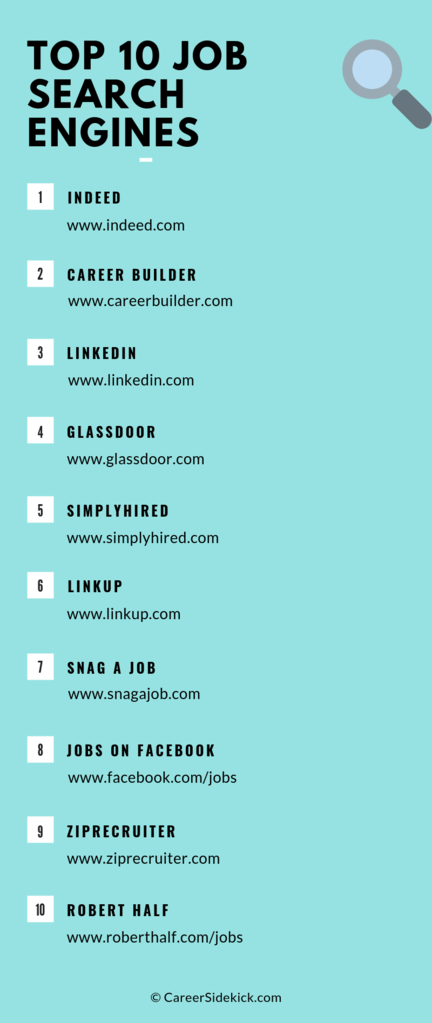Journalism Careers in the Digital Age: Navigating the Changing Landscape of Media
The world of journalism has undergone a significant transformation in the digital age. With the rise of online platforms, social media, and 24/7 news cycles, traditional forms of journalism are evolving to meet the demands of a fast-paced, interconnected world. As a result, journalism careers today look quite different from those of the past. From digital newsrooms to freelance blogging, the opportunities for journalists are expanding rapidly, requiring professionals to adapt to new technologies and storytelling methods. This article will explore various journalism career opportunities in the digital age, highlighting the skills needed to thrive in this evolving field.
Digital Journalist: Reporting in Real-Time
A digital journalist focuses on delivering news through digital platforms such as websites, blogs, and social media channels. These journalists write articles, create videos, and provide real-time updates to keep the public informed. In the digital age, it’s essential for journalists to stay up-to-date with the latest news trends and understand how to engage with their audience through interactive and multimedia content. Digital journalists often work for online news outlets or as freelancers, crafting stories that are easily shareable and designed to capture the attention of a tech-savvy audience. This career offers the opportunity to reach a global audience, but it also requires a deep understanding of SEO, multimedia editing, and social media trends to be successful.
Social Media Manager for News Outlets: Managing Brand Image and Engagement
Social media has become a vital tool for journalists, and social media managers for news outlets play a crucial role in shaping the public image of media organizations. They are responsible for managing news outlets’ social media platforms, curating content, and engaging with followers in real-time. This position combines journalism and digital marketing skills, requiring a strong understanding of both the news industry and social media strategies. Social media managers help to build online communities, drive traffic to articles, and ensure that news is shared efficiently and accurately across various platforms. This career has grown significantly as more people consume news via social media, making it a key role in modern journalism.
Multimedia Journalist: Telling Stories Through Multiple Channels
In today’s media landscape, multimedia journalists are in high demand. These professionals combine writing, video production, photography, and audio editing to tell compelling stories across multiple platforms. They often work for news websites, online publications, or broadcast stations, producing content for both traditional outlets and digital channels. Multimedia journalists must be skilled at gathering information, interviewing sources, and editing content to create comprehensive, visually engaging stories. This career path allows for creative expression and gives journalists the chance to connect with audiences in new and dynamic ways. As video content continues to dominate digital platforms, multimedia journalism is a growing and exciting field.
Data Journalism: Analyzing Information to Uncover Stories
Data journalism is a relatively new but rapidly growing field that uses data analysis to tell stories. Data journalists use statistical tools, software, and analytical techniques to interpret large datasets and present their findings in a compelling way. This type of journalism often involves visual storytelling, such as creating charts, graphs, and interactive graphics to help readers better understand complex issues. From analyzing election results to investigating government spending, data journalists help to uncover stories that might otherwise go unnoticed. The rise of big data has made this career path even more important, with an increasing need for journalists who can process and present data in a way that is accessible and engaging to the public.
Freelance Journalism: Navigating Independence in a Digital World
The freelance journalist has become an increasingly popular career choice in the digital age. With the rise of online platforms and content-driven websites, many journalists are opting for the flexibility of freelancing. Freelancers write for a variety of publications, ranging from digital news outlets and magazines to niche blogs and corporate websites. Freelance journalism offers independence and the ability to choose assignments, but it also requires strong self-promotion and networking skills. Freelancers must be adaptable, as the market is highly competitive, but the freedom to explore different topics, write for multiple outlets, and manage one’s own schedule can make this career path highly rewarding.
FAQs
Q1: What skills are required for a career in digital journalism?
To succeed in digital journalism, you need strong writing skills, an understanding of multimedia content creation, SEO knowledge, and social media expertise. Familiarity with tools like video editing software and content management systems is also essential.
Q2: How can I become a social media manager for a news outlet?
To become a social media manager for a news outlet, you typically need experience in both journalism and digital marketing. Building a strong online presence and understanding social media analytics will help you succeed in this role.
Q3: What does a multimedia journalist do?
A multimedia journalist combines various forms of media text, video, photography, and audio to tell stories. They produce content for websites, social media, and broadcast outlets, engaging with audiences through different channels.
Q4: How do I get started in data journalism?
To get started in data journalism, you should develop skills in data analysis and statistical software such as Excel, R, or Python. Learning how to visualize data effectively and understanding the basics of journalism will also be crucial.
Q5: Is freelance journalism a sustainable career?
Freelance journalism can be a sustainable career if you have a strong portfolio, a reliable network, and the ability to adapt to the changing demands of the media landscape. Diversifying your writing skills and sources of income can also help ensure long-term success.

